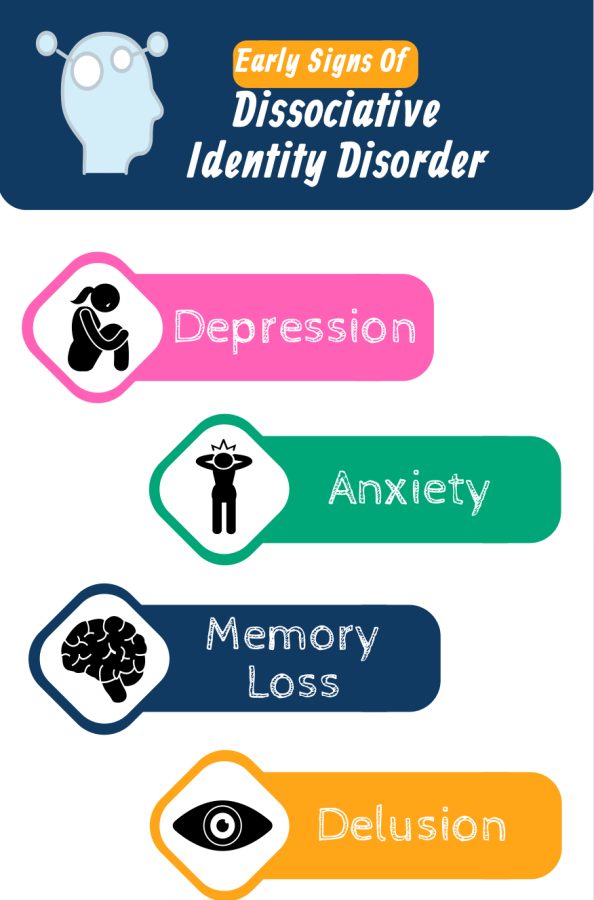Split Personality Disorder 101
Split Personality Disorder, or, in more medical terms, known as dissociative identity disorder, is by definition the disorder characterized by the presence of two or more distinct personality identities within one person.
This condition is how an individual copes or reacts to traumatic events in their early life. A patient with this disorder could potentially carry two or more personalities. Each separate personality will have a personal story and different name. Unfortunately, there is no long term cure, however, the most common type of treatment is talking to a therapist.
Licensed Professional Counselor, Melissa Jones-Ford, gives her viewpoint after years of experience with this condition.
“When talking to a patient with multiple personalities, what strikes me most is the transition when the other personality is about to take over,” says Jones-Ford. “This transition could be extremely subtle, or it could appear as if they are dozing off to sleep, then catching themselves to wake up. When they awake, they are a completely different human being.”
When asked what the most amount of personalities in one person was, 14 was the magic number.
“The general cause is a person who was a sexually or physically abused as a child. Other times, it develops as a response to other types of trauma such as a natural disaster. This disorder provides a way for the patient to dissociate themselves from a damaged childhood, hence the name: dissociative identity disorder,” says Jones-Ford.
Jones-Ford also provides early signs that could potentially lead or signify that a person is a carrier of this condition. These include states of depression, anxiety, disorientation, memory loss, delusion, or suicidal thoughts.
“There is no test that can determine whether one is a carrier or not, however, when the patient’s medical history is carefully examined combined with current symptoms and childhood trauma, an experienced healthcare provider can come to a conclusion. These symptoms most often appear during someone’s childhood. This disorder can often be confused with a child who has ADHD.”
Although there is no specific medication that can cure dissociative identity disorder, there are certain types of therapy that can help tremendously.
“Being able to talk with the patient about their past, and working through their abuse is a common coping mechanism. Another would be focusing on changes in their behavior and teaching them how to manage these changes,” says Jones-Ford.
Unfortunately, there is no possible way to prevent DID. However, with the right medical professional and treatment, action steps can be taken to lead a patient in the right direction.




